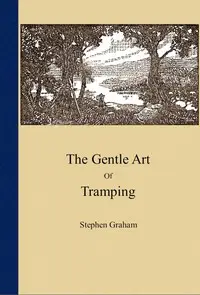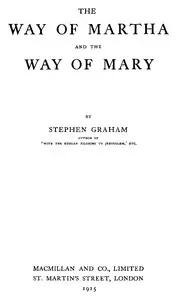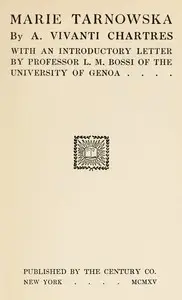"The Challenge of the Dead" by Stephen Graham is a historical account written in the early 20th century. This narrative reflects on the aftermath of World War I, specifically focusing on the experiences of the common soldier in France two years after the war's end. Through vivid imagery and poignant observations, the book likely covers themes of memory, loss, and the struggle of reconstructing life amidst ruins, thereby highlighting the personal and collective impact of the war on both soldiers and the landscape of familiar towns turned battlegrounds. The opening of "The Challenge of the Dead" presents a contemplative journey through the war-torn landscapes of Belgium, where Graham evokes a strong sense of nostalgia mixed with the stark reality of destruction. The narrative begins with a description of Zeebruges, its quiet beauty contrasted against the remnants of war, including the presence of German guns and memorials to fallen soldiers. As the text unfolds, it shifts to recount the movements of troops from 1914, their marches through towns like Bruges and Ghent, all alive with memories but now shadowed by the war's devastation. With a lyrical tone, Graham captures the essence of places that once thrived, now empty yet echoing the laughter and bravery of those who once occupied them, ultimately reflecting on the profound changes wrought by the passage of time and the cost of war. (This is an automatically generated summary.)

The challenge of the dead : $b A vision of the war and the life of the common soldier in France, seen two years afterwards between August and November, 1920
By Stephen Graham
"The Challenge of the Dead" by Stephen Graham is a historical account written in the early 20th century. This narrative reflects on the aftermath of W...
Genres
Released
2012-08-14
Formats
epub
mobi
mobi (images)
epub (images)
epub3 (images)
Free Download
Overview
About the Author
Stephen Graham was a British journalist, travel-writer, essayist and novelist. His best-known books recount his travels around pre-revolutionary Russia and his journey to Jerusalem with a group of Russian Christian pilgrims. Most of his works express his sympathy for the poor, for agricultural labourers and for tramps, and his distaste for industrialisation.
Total Reviews
10.0k
Total reviews from Goodreads may change


















